-
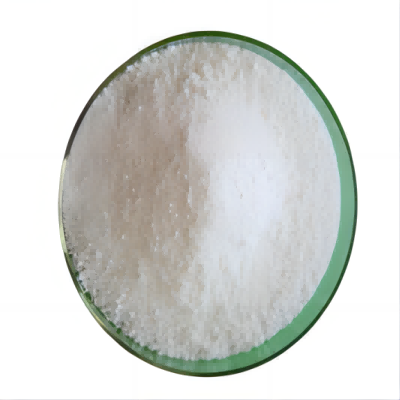
Potassium Pyruvate CAS:4151-33-1 Manufacturer Supplier
Potassium pyruvate is used to determine the substrate of lactate and dehydrogenase; It is also a good fitness and weight loss dietary supplement; Widely used in cosmetics. As a raw material for medicine and a food additive.
-
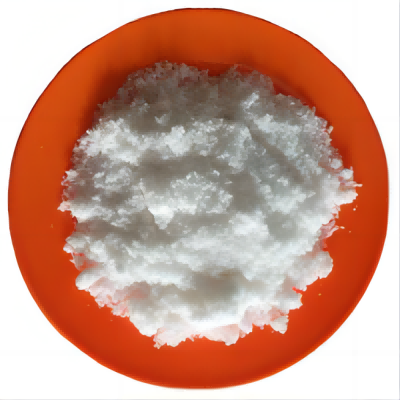
Zinc Sulfate CAS:7733-02-0 Manufacturer Supplier
Zinc sulphate is also obtained as a hexahydrate, ZnSO4.6H2O, and as a heptahydrate ZnSO4.7H2O. All forms are soluble in water. All are noncombustible. The primary hazard is the threat posed to the environment. Immediate steps should be taken to limit its spread to the environment. Zinc sulphate is used in the production of rayon, as a feed supplement, used to obtaine lectrolyte zinc, in printing textiles and to make lithopone, to impregnate wood and hides,as an additive to spinning baths for production of synthetic silks, in electroplating, and in animal feeds.
-
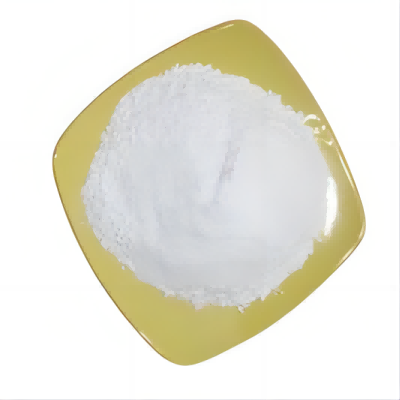
Ethylparaben CAS:120-47-8 Manufacturer Supplier
Ethylparaben is an ethyl ester resulting from the formal condensation of the carboxy group of 4-hydroxybenzoic acid with ethanol, It has a role as an antimicrobial food preservative, an antifungal agent, a plant metabolite and a phytoestrogen. It is a paraben and an ethyl ester.
-
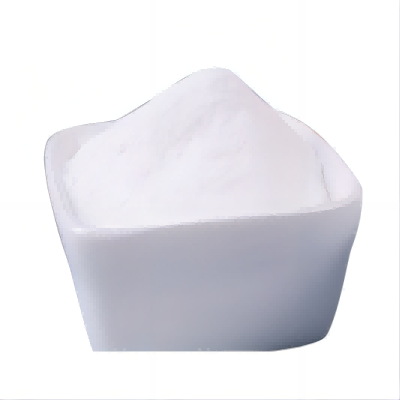
Sodium Pyruvate CAS:113-24-6 Manufacturer Supplier
Sodium pyruvate is the sodium salt of pyruvate. It is frequently supplemented to the cell culture medium to act as a source of energy since it is a key intermediate during the production of the high-energy ATP molecules inside cells. For example, it can be used as a carbon source for bacteria. It may also protect cell against hydrogen peroxide, an oxidant to scavenger oxygen radicals. It is an important metabolic intermediate in many essential metabolic pathways such as carbohydrate metabolism. For example, it is converted into acetyl coenzyme A and enters into the TCA cycle (Kreb’s cycle) in organisms. It is also involved in the amino acid metabolism in organisms.
-
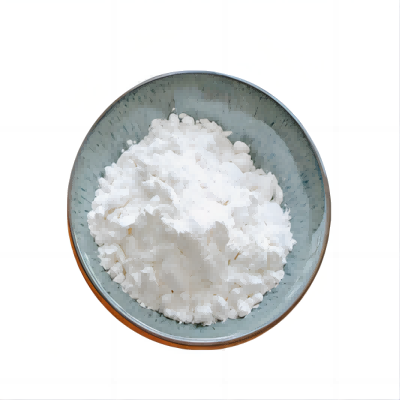
Sodium Cyclamate CAS:139-05-9 Manufacturer Supplier
Sodium cyclamate is a non-nutritive synthetic sweetener. Its sweetness is 30 times that of sucrose and has no bitter taste. It can be used in refreshing beverages, fruit juices, ice creams, pastries and preserves.It can also be used for home seasoning, cooking, pickles, cosmetics, syrup, icing, sweets, toothpaste, mouthwash, lipstick, etc. Diabetics and obese people can use it to replace sugar.
-
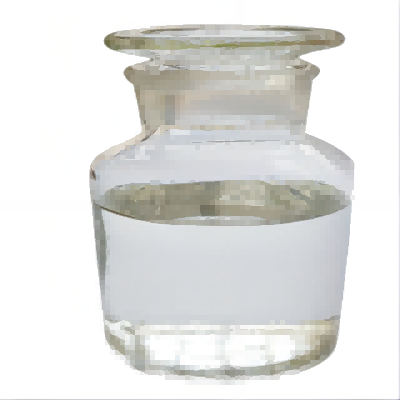
Phosphoric acid CAS:7664-38-2 Manufacturer Supplier
Phosphoric Acid is an acidulant that is an inorganic acid produced by burning phosphorus in an excess of air, producing phosphorus pentoxide which is dissolved in water to form orthophosphoric acid of varying concentrations. it is a strong acid which is soluble in water. the acid salts are termed phosphates. it is used as a flavoring acid in cola and root beer beverages to provide desirable acidity and sourness. it is used as a synergistic antioxidant in vegetable shorten- ings. in yeast manufacture, it is used to maintain the acidic ph and provide a source for phosphorus. it also functions as an acidulant in cheese. it is also termed orthophosphoric acid.
-

Tricalcium Phosphate/TCP CAS:12167-74-7 Manufacturer Supplier
Tribasic calcium phosphate is widely used as a capsule diluent and tablet filler/binder in either direct-compression or wet-granulation processes. The primary bonding mechanism in compaction is plastic deformation. As with dibasic calcium phosphate, a lubricant and a disintegrant should usually be incorporated in capsule or tablet formulations that include tribasic calcium phosphate. In some cases tribasic calcium phosphate has been used as a disintegrant.It is most widely used in vitamin and mineral preparations as a filler and as a binder.
-
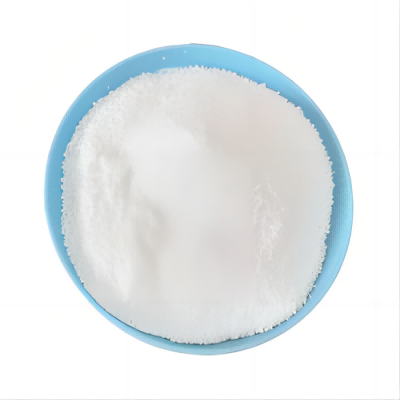
Potassium Carbonate CAS:584-08-7 Manufacturer Supplier
Potassium carbonate, also known as potash or pearl ash, appears as a white powder or as colorless solid crystal with salty taste and deliquescence. It can be dissolved in water to form a strongly alkaline solution. However, it is insoluble in organic solvents such as ethanol. It has wide applications. For example, it can be used as a drying agent, buffering agent and a source of potassium in laboratory. It can also be used for the manufacturing of fire extinguishers, soap, glass, and soften water.
-
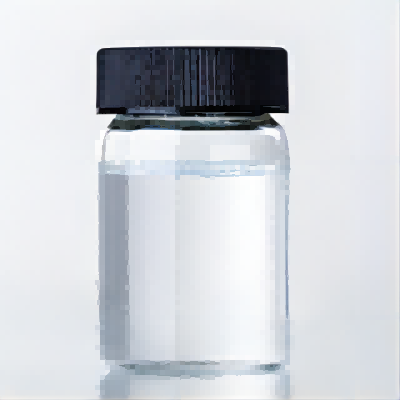
Glycerol CAS:56-81-5 Manufacturer Supplier
Glycerol is a colorless, viscous, hygroscopic, sweet-tasting trihydric alcohol. It is also called glycerin or glycerine, with the term glycerol being preferred as the pure chemical form and the term glycerin(e) being primarily used when the compound is used commercially in various grades.
-
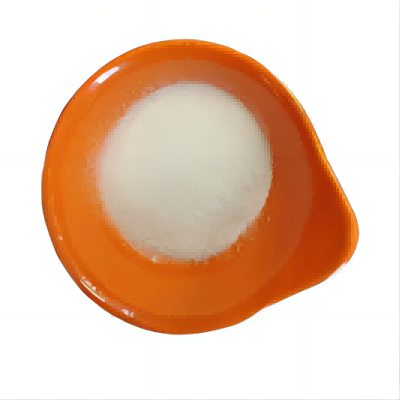
Sodium Cirtrate CAS:68-04-2 Manufacturer Supplier
Trisodium citrate has the chemical formula of Na3C6H5O7.It is some times referred to simply as sodium citrate, though sodium citrate can refer to any of the three sodium salts of citric acid. It possesses a saline, mildly tart flavor. For this reason, citrates of certain alkaline and alkaline earth metals (e.g. sodium and calcium citrates) are commonly known as “sour salt” (occasionally citric acid is erroneously termed sour salt).
-
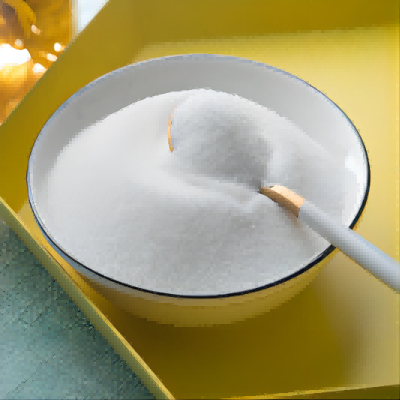
Potassium Tartrate CAS:921-53-9 Manufacturer Supplier
Potassium tartrate is the potassium salt of tartaric acid. It is often confused with potassium bitartrate, also known as cream of tartar. As a food additive, it shares the E number E336 with potassium bitartrate.
-
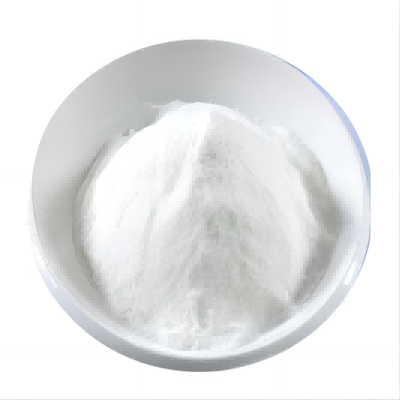
Zinc Methionine CAS:56329-42-1 Manufacturer Supplier
Zinc Methionine is one of the essential elements of animal body, is a variety of metal enzymes and insulin composition. It is in the body with a wide range of physiological and biochemical function, and is called “life element”.

